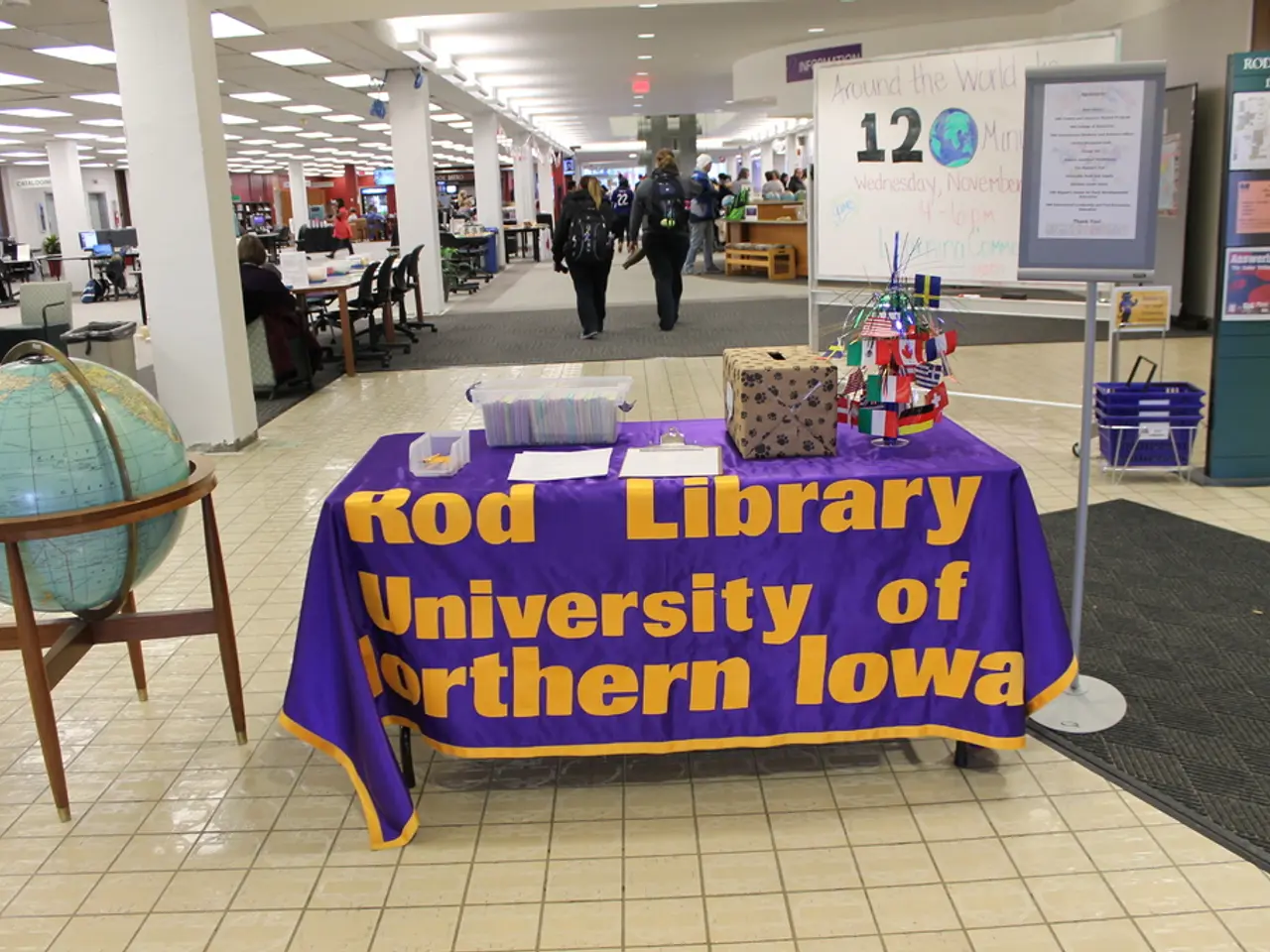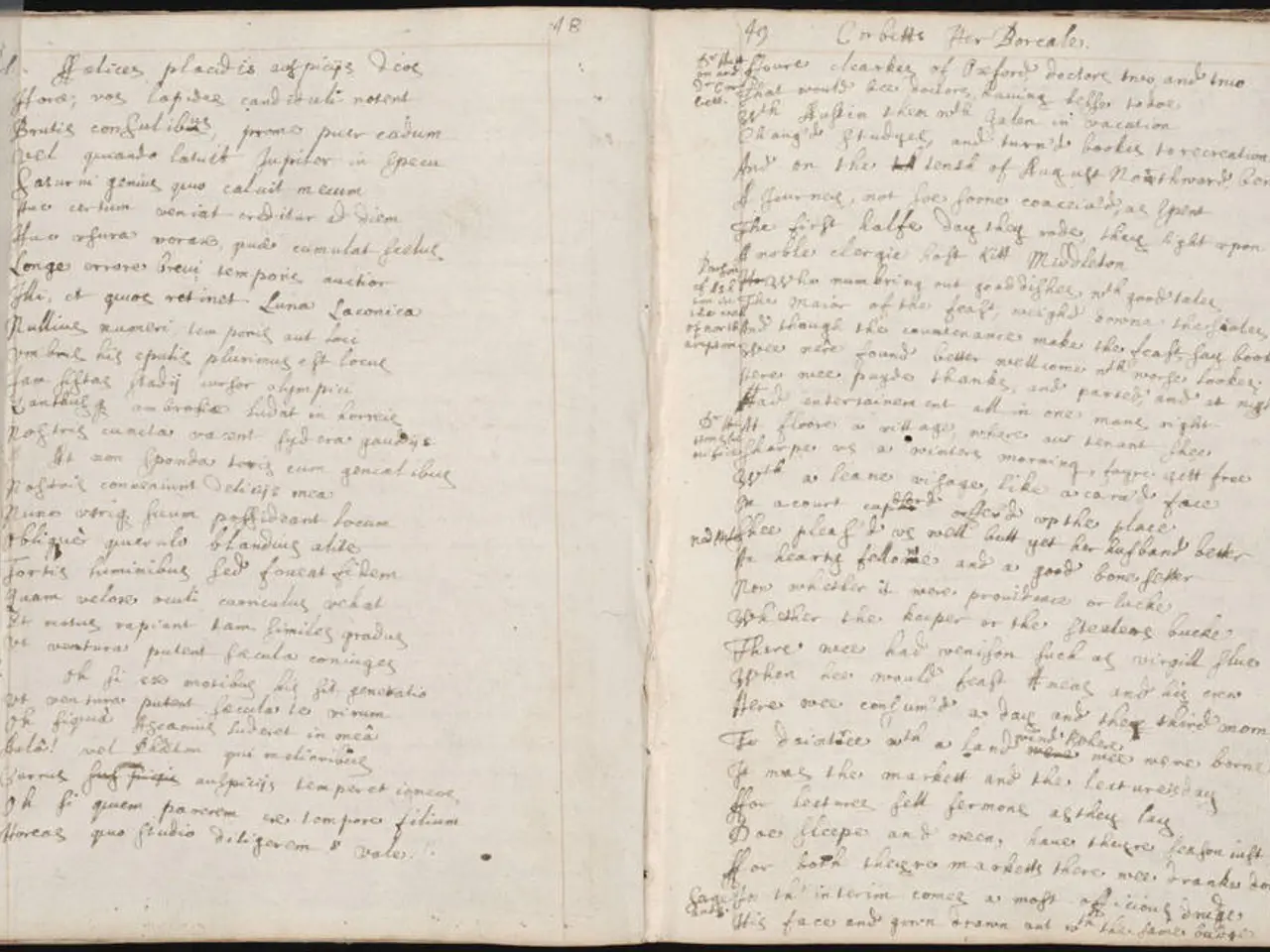German Chancellor and Prime Minister extend greetings to Russia's capital city - German Leaders Offer Salutations to Moscow
In a historic moment, Prime Minister Keir Starmer of the United Kingdom and Chancellor Friedrich Merz of Germany signed the Kensington Agreement on July 17, 2025, marking the first major bilateral treaty between the two nations since World War II. The agreement, signed at the London Victoria and Albert Museum, aims to strengthen cooperation on migration, trade, and security, in the post-Brexit era.
The Kensington Agreement addresses migration by closing a legal loophole that previously hindered the seizure of small boats used by migrants traveling through Germany. This change allows for more effective intervention against smuggling routes. In terms of trade and travel, the treaty includes measures to reduce post-Brexit bureaucratic hurdles. For instance, it allows visa-free travel for German school trips to the UK by the end of 2025, while British visitors to Germany will have access to passport e-gates, initially for frequent travelers but eventually for all visitors.
The treaty also highlights the collaborative efforts in defence and technology, emphasizing shared interests in dealing with global challenges. It underscores the importance of cooperation in areas like space and defence technology.
The agreement is part of a broader effort by the UK to reset its relationship with the EU post-Brexit. It suggests a more collaborative approach between the UK and EU nations, which could set a precedent for other bilateral agreements. Although the treaty is bilateral, it may pave the way for enhanced cooperation between the UK and other EU member states, potentially influencing EU policies on migration, trade, and security.
For Germany, the treaty could lead to increased economic opportunities through streamlined trade and tourism. It also strengthens Germany's position in European security matters by forging closer ties with a significant partner like the UK. Germany's role in addressing migrant smuggling through its territory could improve public perception and cooperation with other European countries.
The agreement is seen as a positive step in the UK's post-Brexit relations, particularly in terms of improving trade and security cooperation with a major European partner. It allows the UK to better manage migration flows and enhance security cooperation with Germany, addressing concerns over smuggling routes.
While the treaty does not directly address Russia, stronger UK-Germany cooperation could potentially influence European stances on security issues involving Russia. Enhanced cooperation among European nations may strengthen alliances that could impact Russia's foreign policy calculus. The emphasis on security and defence cooperation could contribute to a more stable European environment, potentially affecting Russia's interactions with European nations.
In a symbolic gesture, after signing the agreement, Chancellor Merz and Prime Minister Starmer addressed greeting cards to Moscow in the arcade next to the replica of the Roman Trajan's Column at the Victoria and Albert Museum. The Kensington Agreement, a friendship treaty between Germany and Britain, marks a significant step in post-Brexit relations, enhancing cooperation across critical areas and potentially influencing broader European and global dynamics.
Policy-and-legislation: The Kensington Agreement addresses migration by closing a legal loophole, which allows for more effective intervention against smuggling routes.
General-news: The enhanced UK-Germany cooperation could potentially influence European stances on security issues involving Russia, contributing to a more stable European environment.







